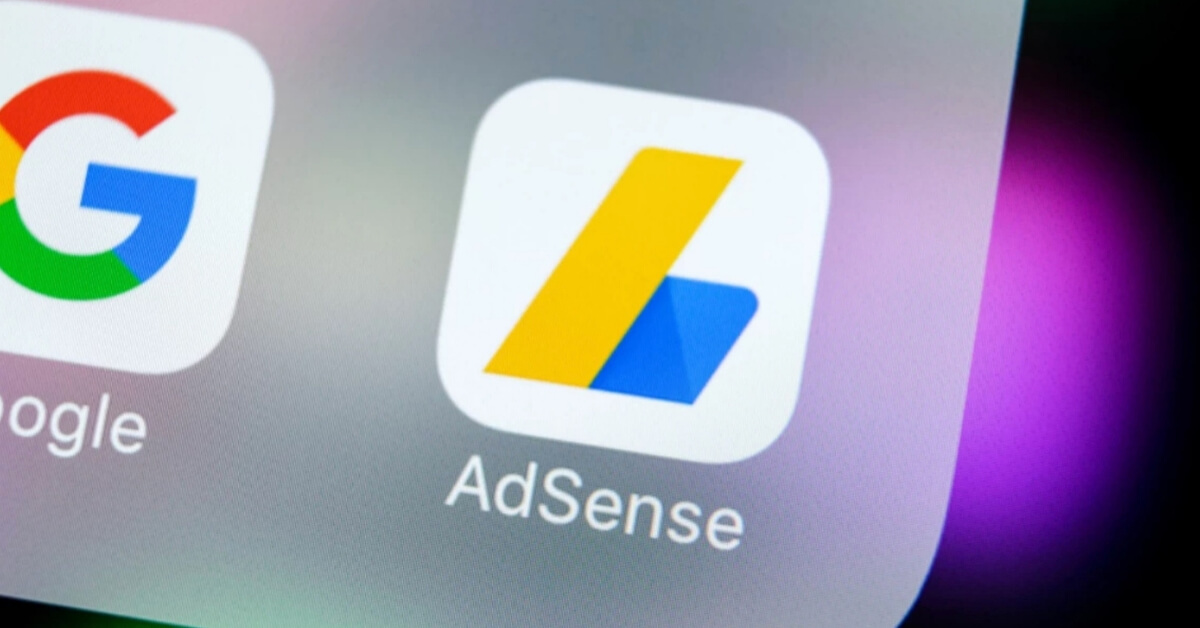Google has revealed its reaction to yet another massive fine slapped on it by antitrust regulators in Europe.
The same day the European Commission (EC) – the European Union (EU) executive branch – announced a $1.7 billion fine because of the US tech behemoth’s anti-competitive practices, the company said it would start decoupling its Chrome browser and the Google Search engine from phones running the Android mobile OS.
The measure would affect new and existing users in Europe, Google said.
Without specifying when the new practice would come into effect, Google SVP of Global Affairs Kent Walker announced “further updates” to the company’s products in Europe.
While observing that Android phone owners have always been able to choose which browser and search engine they wished to use, Walker said they would in the future be asked to pick their preferred apps.
Last year, the EC hit Google with a record 4.34 billion euro fine, also on antitrust grounds – and that came hot on the heels of a 2.4 billion euro penalty announced the previous year.
In the wake of EC’s 2018 decision, writes Walker, Google changed the licensing for Google apps by creating new licenses for Google Play, Chrome, and Google Search – but is now determined to make further steps in order to support “choice and competition in Europe.”
EU’s battle with big tech – often seen as monopolies – with the goal of ensuring compliance with competitive practices and preventing erosion of consumer choice, has had a long and eventful history.
Reporting about Google’s decision, The Verge recalled a reminiscent case: Microsoft’s move made in 2010 to stop bundling its Internet Explorer browser with the Windows 7 version sold in Europe. Microsoft was at the time reacting to the Commission’s investigation into the practice.
EU’s willingness to put big tech under a microscope for suspected anti-trust transgressions has made it a popular “global district” to make such charges against the industry’s most dominant players – the latest example being Spotify’s complaint against Apple, also filed with the EC, alleging unfair advantage in the music streaming arena.










